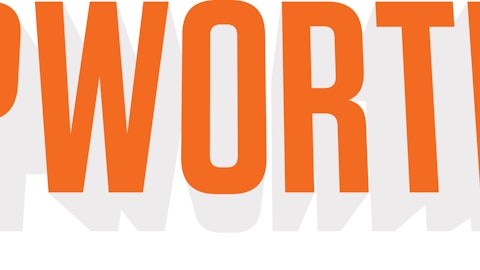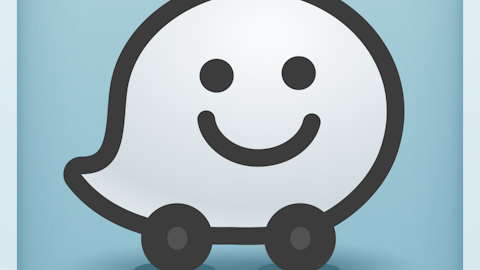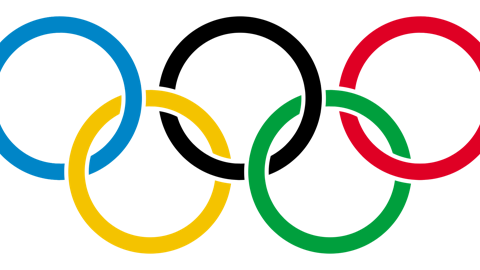One of the most talked about events in social media during February 2014 was Facebook Inc (NASDAQ:FB) buying the popular messaging app WhatsApp. But while buyouts occur on a virtually day to day basis, what stood out in this case was the impressive amount of money Facebook was willing to pay – $4 billion in cash and an additional $15 billion in Facebook shares.
While the buyout was met with mixed opinions, it is interesting to take a look at what motivated the purchase. Following, we would like to present you with a list we have compiled of the top reasons behind Facebook’s purchase of WhatsApp. Curious to learn what Zuckerberg found so appealing about WhatsApp that he shelled out such an impressive sum of money? Let’s take a look at the countdown.
No. 5: Improving Facebook’s services and products
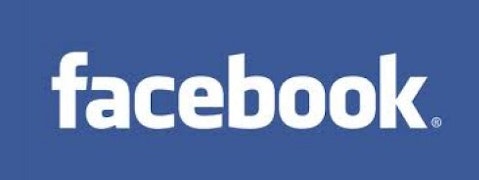
At the time of the buyout, Facebook CEO Mark Zuckerberg declared that he firmly believes WhatsApp will offer his company the opportunity to create a more powerful messaging service, which will provide its members with new tools and resources. Though we’re not really sure how Facebook will manage to integrate WhatsApp into its platform just yet, we’re curious to see what Zuckerberg had in mind.
No. 4: Expanding into a new niche

While traditionally Facebook hasn’t really ventured far from its niche – social media – its move to buyout WhatsApp might show the company’s wish to expand beyond what it has accustomed us with. Even though it is yet unclear to what extent, if any, Facebook will leave its mark on the messaging app, this purchase might just be the first sign that the social media mogul is looking to try out new things.
No. 3: Fixing mistakes of the past

About 5 years ago, a guy named Brian Acton decided to send in his resume to Facebook. Like probably thousands of other resumes, his was also rejected. Don’t realize why we’re talking about this Brian fellow? Well, Acton just happens to be one of WhatsApp’s co-founders. He might not have caught Facebook’s interest back in 2009, but he surely did now. Nobody can say for sure how Acton would have helped Facebook had the company recognized his potential from the get-go, but one thing is certain: the social media mogul wouldn’t have ended up paying $19 billion for an app created by a man they turned down.
No. 2: Expanding the target audience
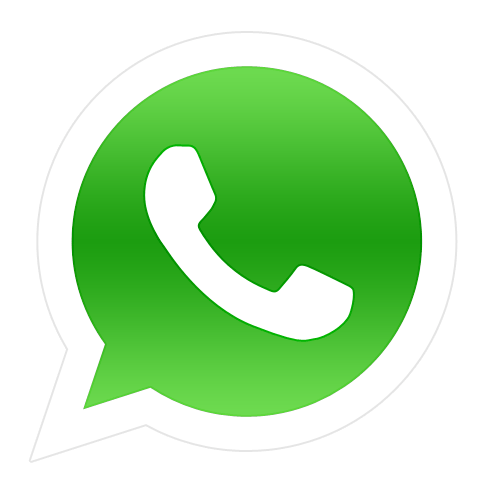
Even though Facebook still ranks as the strongest social network in the world, it is no secret that the company has slowly started to lose many of its teenage members. In this context, Facebook’s move to buy WhatsApp might just be an attempt to regain some of its former members back. After all, WhatsApp is the most widely used messaging app in the world, with most of its users being teenagers and young adults.
No. 1: Big profits

Public Domain Image: Public Domain
Even though Facebook paid a whopping amount of money for WhatsApp, we have a feeling that Zuckerberg knows what he’s doing and that he is expecting quite a decent profit from this whole deal. Before the buyout, WhatsApp had a user base of nearly 450 million active members per month. And growing. Math is not really our cup of tea, but we have a hunch that translates into quite a lot of zeroes.


